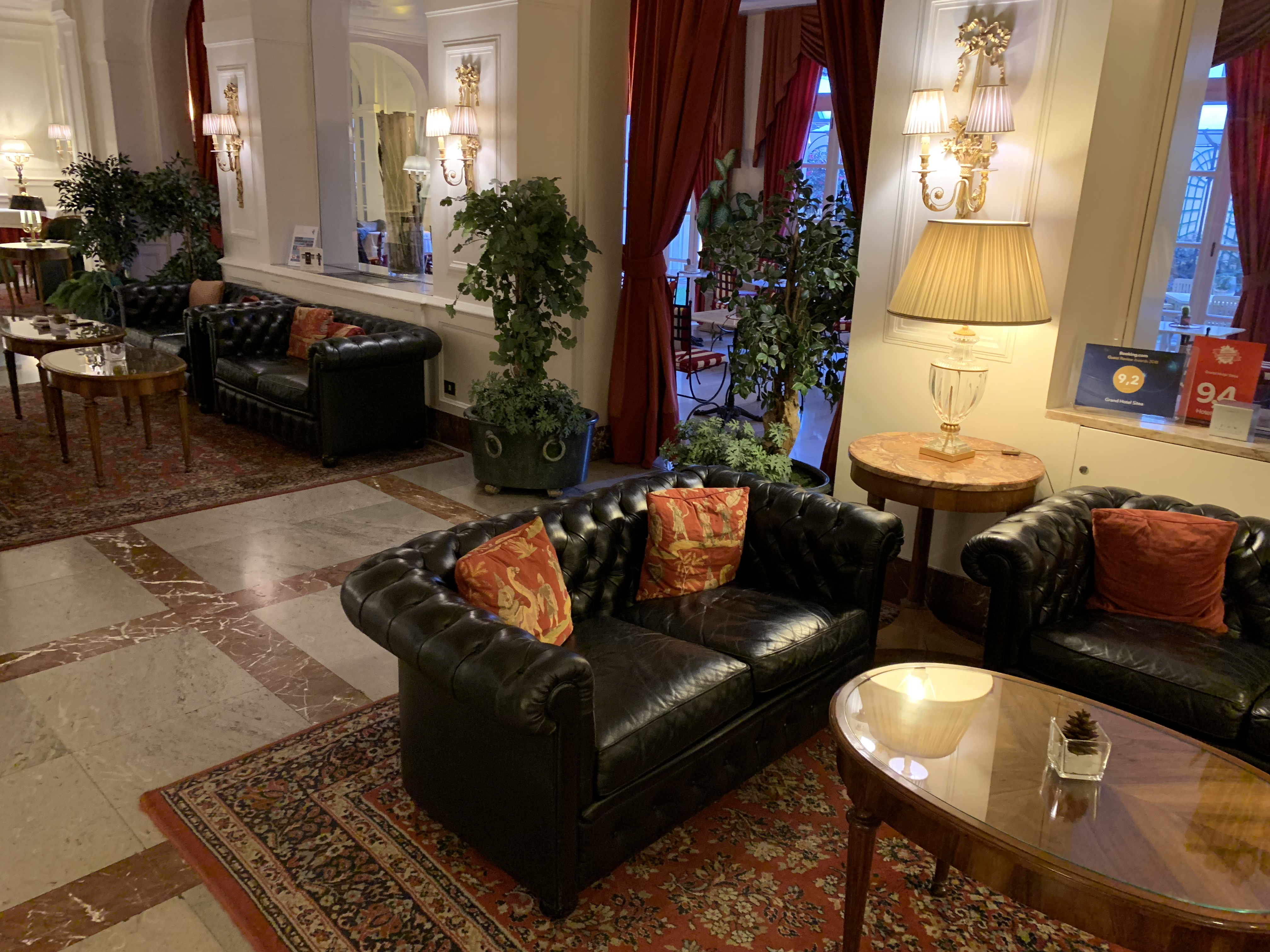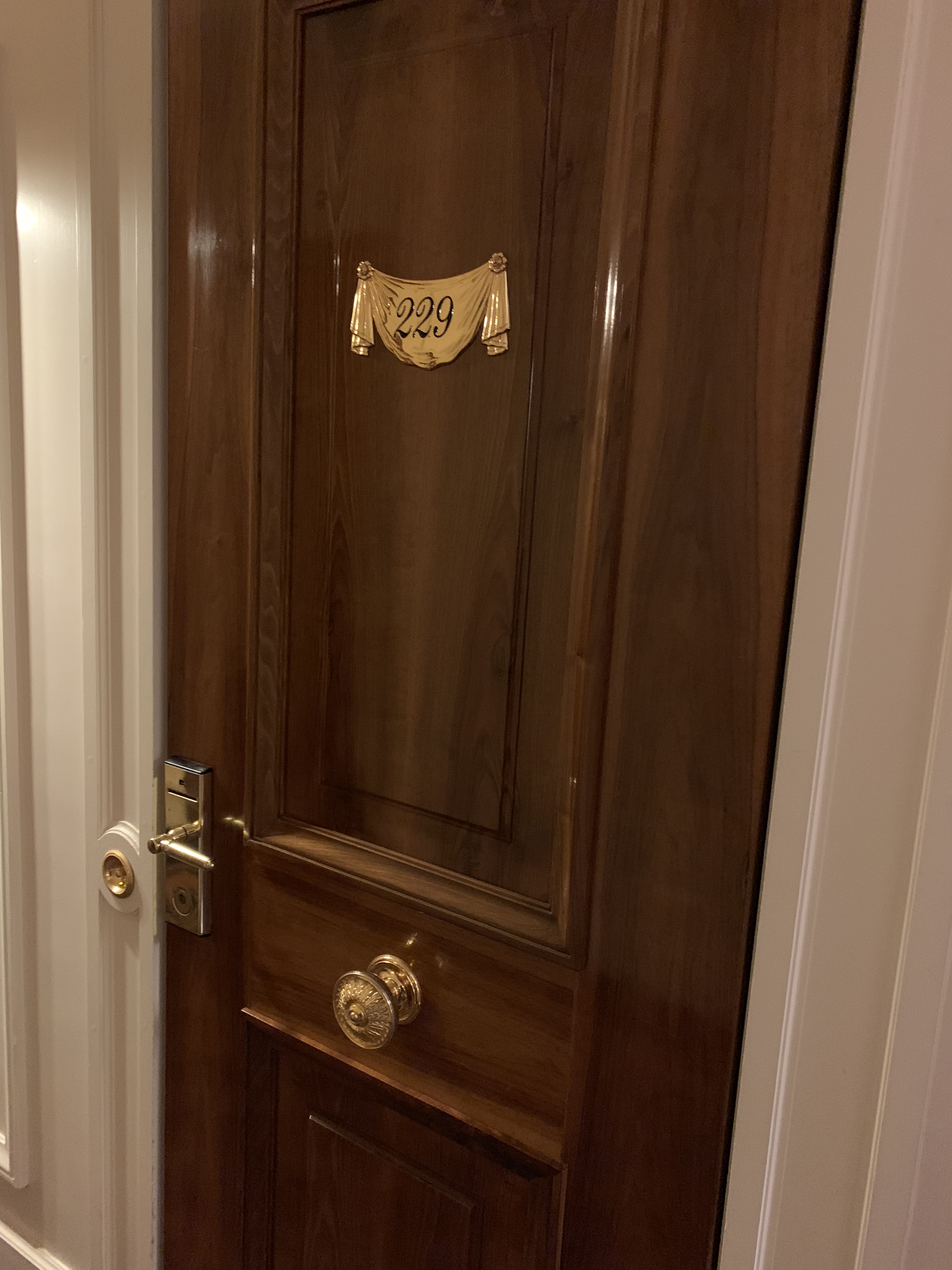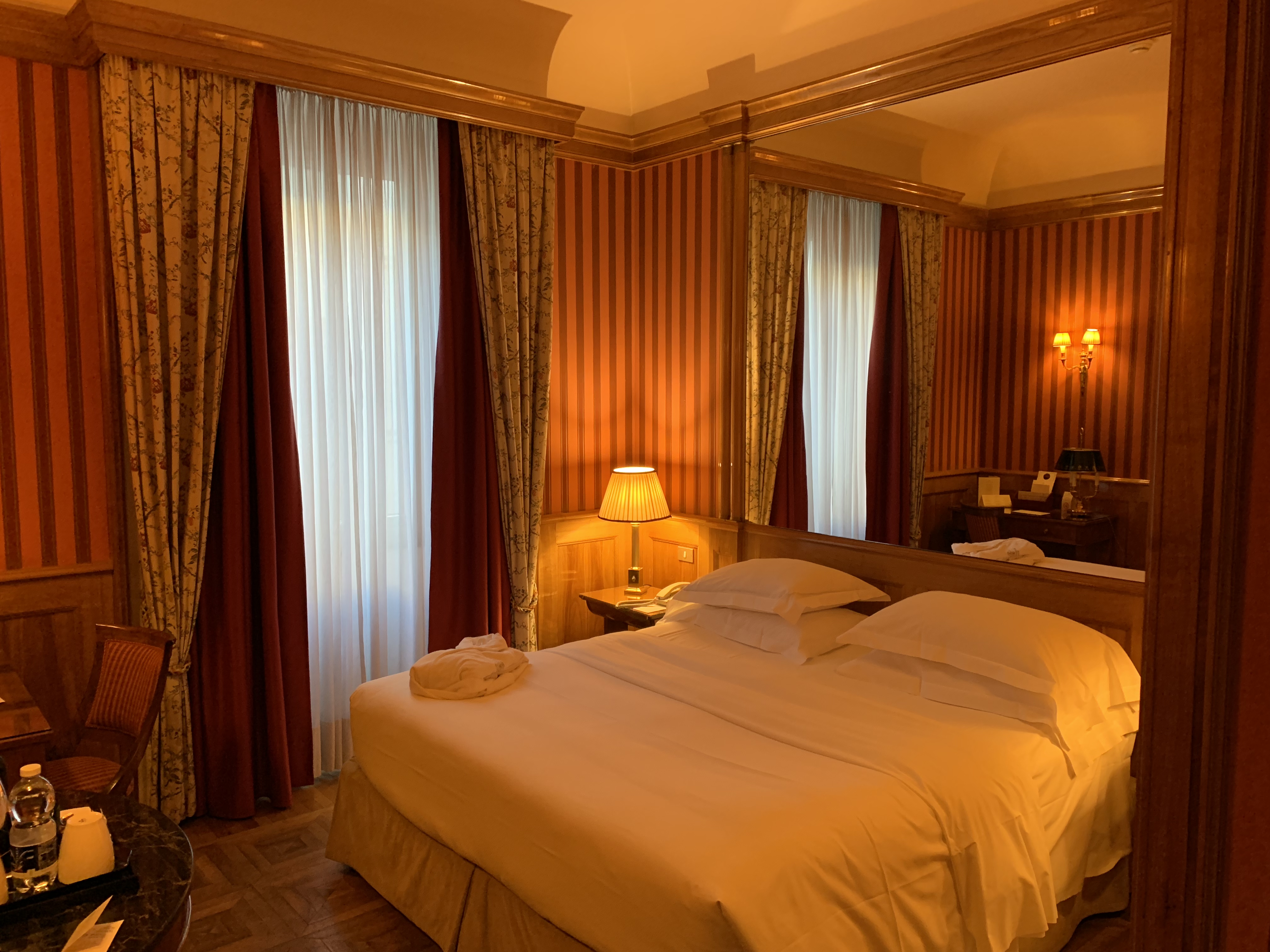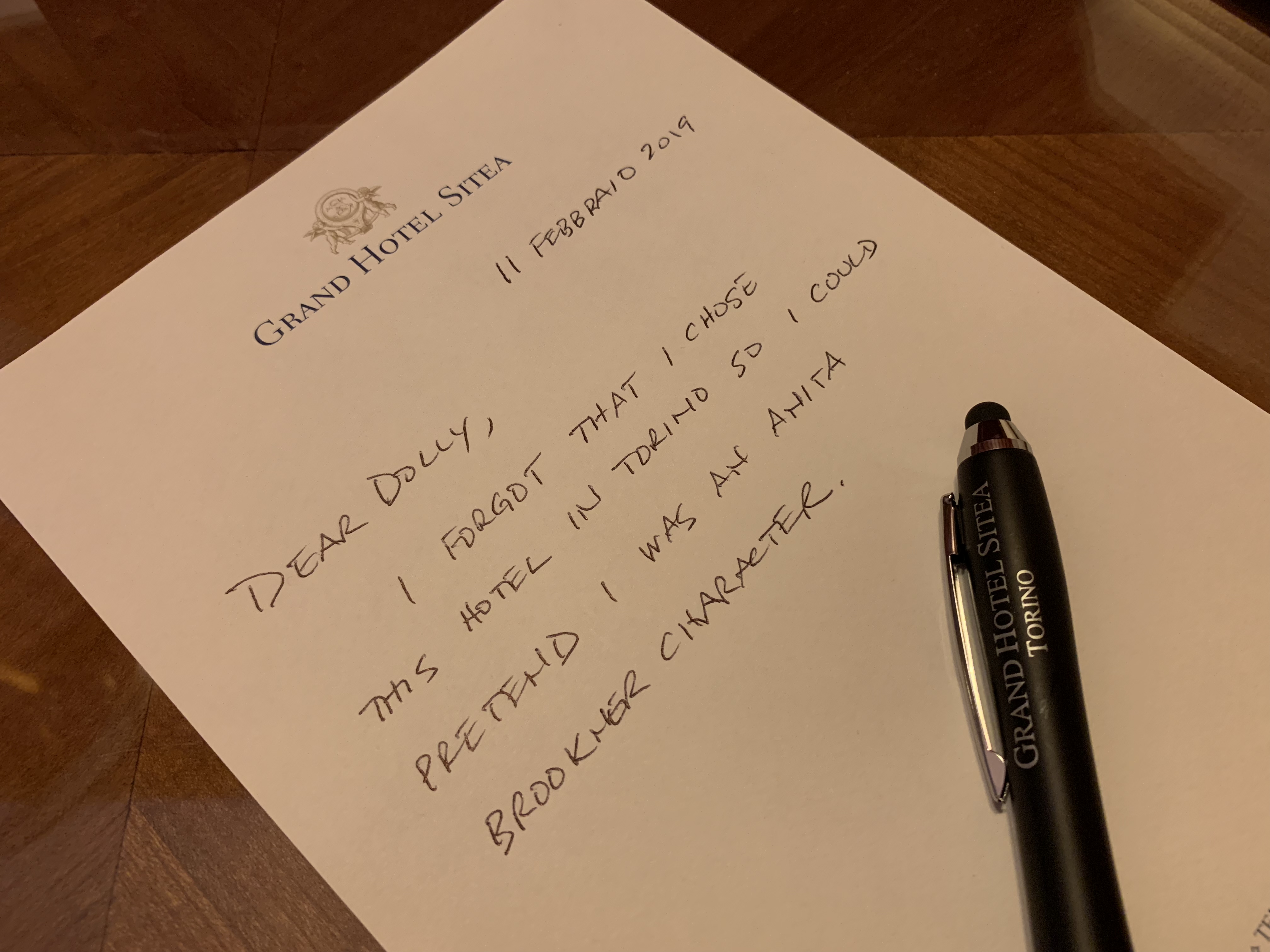There is something telling about the fact that the main character in Visitors, Dorothea May, is called Mrs May by the narrator. The other characters don't have titles and they don't call her Mrs May, but Brookner is clearly making a point. Mrs May is a widow and her social sphere mainly revolves around her husband's cousins Kitty and Molly and their husbands. Indeed her place in the world seems to be entirely entangled in theirs. She doesn't necessarily want to be drawn into their world and perhaps keeps up the relationships more out of a sense of duty than any real positive desire. She has one friend from her single days, but she lives out of London and I don't think the two ever see each other over the course of the story. Even Mrs May's solicitor and doctor are leftovers from her husband.
Stangers, introduced to her for the first time, assumed that she had never married, thinking her self-sufficiency no more than the sum of others' indifference. That was their business; hers was to give no sign of anything out of order. This she succeeded in doing. Unbeknown to herself, she was considered slightly forbidding. She had few friends now, but that, she thought, spared her the pain of losing them.
Into this world drops Ann, Kitty's granddaughter from America, who shows up with her monk-like fiance and their (not outwardly) gay friend Steve. Ann stays with Kitty and her husband Austin while Kitty tries to pull out all of the stops to keep Ann's wedding from becoming a makeshift affair. Ann's macrobiotic fiance David ends up staying with Molly and her husband Harold, the latter of which becomes rather enchanted by David's over-earnest, rather un-English variety of Christian belief. And their friend Steve ends up staying on the other side of London with Mrs May, whose life may be empty but not so empty that she wants a visitor around. In fact from the start of his stay, Mrs May makes it pretty clear that he is only welcome to stay in his room and occasionally other parts of the flat when he is explicitly invited for a meal. If this were a different kind of book, Steve would find his way into Mrs May's heart and it would transform the rest of her life. And certainly if Hollywood got its mitts on the film rights that is exactly what this would turn into. But this isn't a different kind of novel and, based on the gloriously staid film version of Hotel du Lac, it seems unlikely that there is a director out there waiting to wreak havoc on Brookner's perfect vision. At least I hope not.
There are subplots that revolve around Gerald, the estranged father and son of Ann and Kitty, as well as Ann and David's future, and even to a certain extent, a thought or two about Steve's prospects. But none of this seems to be the point. It's all background to Mrs May's attempts to be left alone. There are glimmers here and there that suggest Mrs May might actually be enjoying the company of her visitor, but they are short-lived, beaten out by her focus on solitude. It is only after all the action of the honeymoon is over and the three young people have gone off to France that Mrs May starts to think that having someone around might not be such a bad thing after all. It's when she is alone again that she realizes that as much as she disliked Steve--and why? there is never any clue as to why he was so unlikable to her--he seemed to have the effect of forcing her to live in the present. In spite of this or perhaps because of it, she did everything she could to make sure that Steve moved on after the wedding. Did she really dislike Steve or was she simply unable to deal with the possibility he represented that the solitude she thought she cherished was not providing her with the life she wanted.
In the end it's not all for nothing. Steve, and the young in general, may not have been the answer for Mrs May, but he does seemed to have provided her with a revelatory moment that promises to alter the trajectory of her final years. She realizes after he is gone that something had shifted.
She knew, quite calmly, that her days were empty, as the flat, which she now entered, was empty, with an emptiness she had not quite anticipated. She had thought to enjoy her solitude, but in fact she found herself listening for another's presence, however fleeting, however indifferent. She would have welcomed a stranger, for now she knew that this was possible.
If the novel had ended there, her future would have seemed pretty bleak. She had her chance and missed it. But in the short, final two chapters she appears to have found a way forward that would make the most of what she had. A way that has her looking at Henry's relatives less like an obligation and more like an opportunity. Certainly doesn't seem like like much, but it just may be enough.

 [
[








